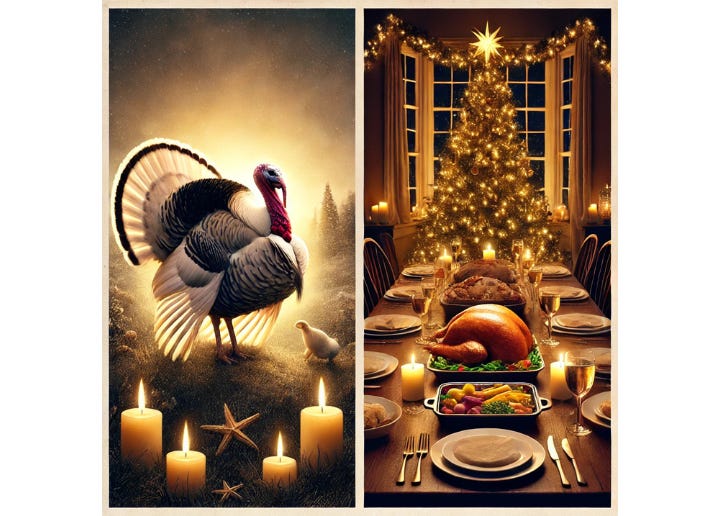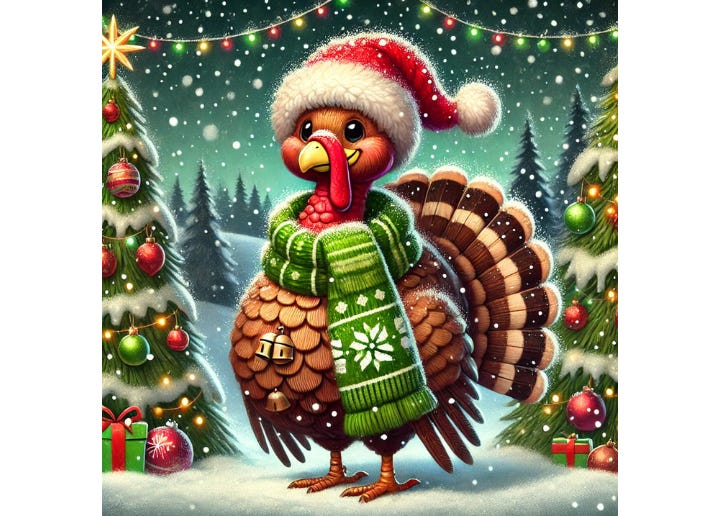
At Christmas, the words “Peace on Earth, Goodwill to Men” ring out in songs and messages. This season calls for reflection, kindness, and unity. Yet, a question lingers: How can we achieve true peace on Earth when the genesis of violence against living beings stems from the domestication of animals? Scholar David Nibert’s Animal Oppression and Human Violence explores this troubling relationship, connecting humanity’s exploitation of animals with broader patterns of oppression and conflict.
The Origin of Violence
The domestication of animals marked a significant turning point in human history. While often celebrated as a step forward in civilization, it also institutionalized a cycle of violence. Animals were stripped of their autonomy and subjected to suffering, exploitation, and death. This normalized domination over other living beings created a framework for justifying inequality and violence in human societies as well.
As Nibert’s research reveals, the exploitation of animals is not an isolated issue. It is intricately linked to broader systems of oppression, such as colonialism, patriarchy, and economic exploitation. The same logic used to subjugate animals has been applied to marginalize and dehumanize certain groups of people, perpetuating cycles of suffering. This makes me wonder: how much of our cultural acceptance of harm stems from this early relationship with animals as commodities? It feels unsettling to think that a practice so deeply ingrained in our history could still shape our attitudes today.
Christmas and Compassion
Christmas traditions often center around consumption, with the holiday table showcasing the lives and deaths of animals prepared as meals. Turkeys, hams, and roasts become symbols of festivity, their lives reduced to commodities. This starkly contrasts with the season’s message of peace and goodwill.
I find this contradiction especially troubling because it seems so unnecessary. In modern times, we have access to an abundance of plant-based options that are delicious, celebratory, and kind. Yet, for many, the idea of a Christmas without animal products feels unthinkable. Why is that? Perhaps it’s because these traditions have become so deeply rooted that challenging them feels like challenging identity itself. But isn’t that the point of growth—to question, to evolve, and to align our actions with our values?
Imagine if Christmas tables reflected a commitment to nonviolence, with plant-based feasts celebrating life rather than death. Such choices align with the true spirit of the holiday—extending compassion to all sentient beings. By rethinking our traditions, we can embody the principles of peace and goodwill in their fullest sense. Personally, I’ve found that shifting to plant-based celebrations has deepened my connection to the holiday. It feels more authentic, more joyful, knowing that no living being suffered for my meal.

The Path to True Peace
True peace requires addressing the foundational injustices that perpetuate violence. Acknowledging the link between animal oppression and human conflict is a crucial step. When we end the exploitation of animals, we disrupt the cycle of violence and lay the groundwork for a more equitable and harmonious world.
Critics often argue that focusing on animal rights is a distraction from human issues, but I see it differently. The exploitation of animals and humans is deeply interconnected. Industrial farming, for example, not only causes immense suffering to animals but also exploits vulnerable human workers and devastates the environment. Tackling these systems benefits everyone, creating a ripple effect of positive change.
This Christmas, let us expand the circle of compassion. By reflecting on our traditions and their impact, we can strive for a peace that encompasses all living beings. Peace on Earth cannot be selective; it must include the voiceless and vulnerable, extending goodwill beyond humanity.
In the words of David Nibert, “To build a truly just and peaceful society, we must dismantle the systems that depend on and perpetuate violence”—starting with our relationship to animals. Only then can we sing of Peace on Earth with sincerity and hope for a brighter, more compassionate future.
A Personal Reflection
As I reflect on the holiday season, I find myself grappling with the contradictions embedded in our traditions. We speak of joy, kindness, and unity, yet many of our actions tell a different story. I used to participate in these rituals without question, enjoying the holiday meals without considering the lives behind them. But once I made the connection, I couldn’t unsee it.
Transitioning to a cruelty-free Christmas wasn’t just a dietary change; it was a shift in perspective. It’s about recognizing that the peace we celebrate should extend to all creatures, not just humans. It’s about challenging the norms that justify harm and choosing instead to live in alignment with values of compassion and justice.
Some might say this is too idealistic, that the world will never fully embrace such a vision. But every change starts with a small step. Each decision we make—each act of kindness, each choice to reject cruelty—is a step toward a more peaceful world. And isn’t that what Christmas is truly about? A season of hope, of renewal, of imagining a better future?
As we gather around our holiday tables this year, let us ask ourselves: What kind of world are we celebrating? And what kind of world do we want to create? Perhaps, by answering these questions with honesty and courage, we can begin to live out the true meaning of Peace on Earth.
Further Reading: Animal Oppression and Human Violence



